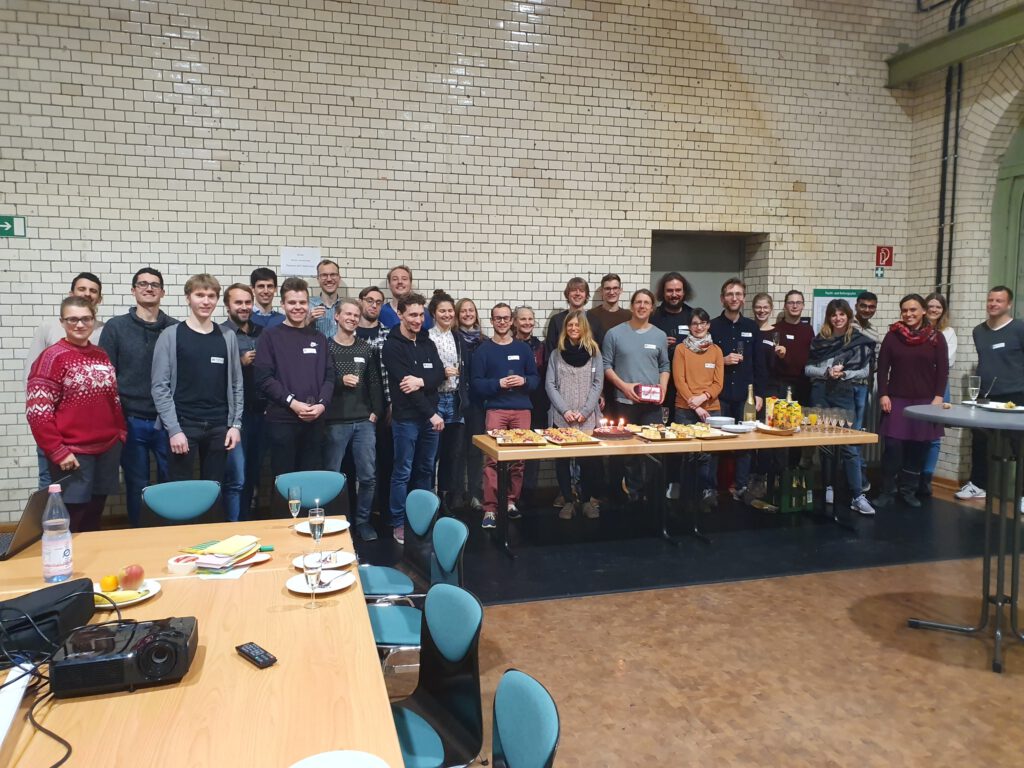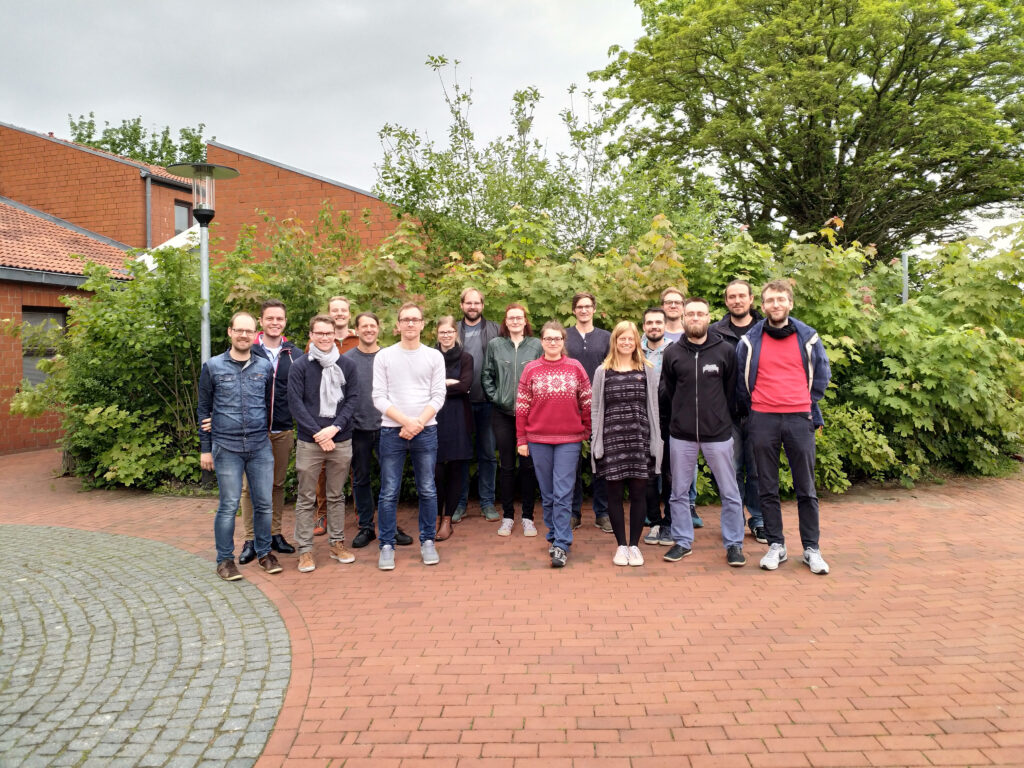The next oemof developer meeting starts soon. From Wednesday the 4th (noon) until Friday the 6th of December 2019 (noon) we will meet at the Beuth Hochschule für Technik in Berlin.
Please find the final agenda and the venue here: https://github.com/oemof/organisation/wiki/Meeting-December-2019
A detailed description of the topics can be found at: https://etherpad.wikimedia.org/p/oemof_dev_meeting_dec_2019
Some space for additional sessions is still left.
There will also be a poster session with space for 10 posters. You can present your current work and have the chance to connect with other developers in your scientific field. As the winter meeting has a developer focus, we would like the contributions to address your ongoing developments, interesting new methods, or approaches worth discussing. There are no formal requirements. If you want to show your problems and approaches, feel free to bring a collection of A4/A3 pages and pin them on the board so we can discuss. We prefer an interesting exchange to shiny perfectionism, so a more improvised version would count as a poster as well.
If you like to participate, have topics to add, plan to bring a poster, or only want to be part of oemof’s 5-years birthday party (Wednesday, 4th of December, 17 pm), please register until November 27th 2019 via caroline.moeller@rl-institut.de.
Anyone who is interested is cordially invited! We are looking forward to meeting you in Berlin!


